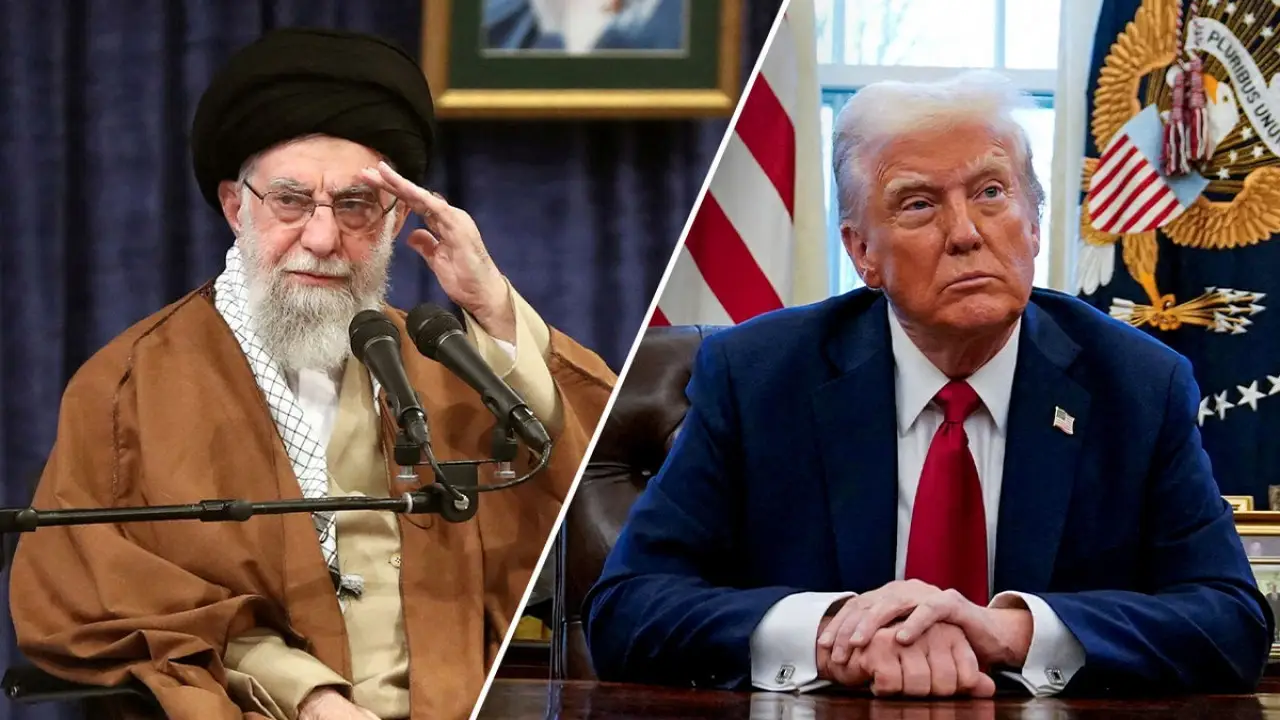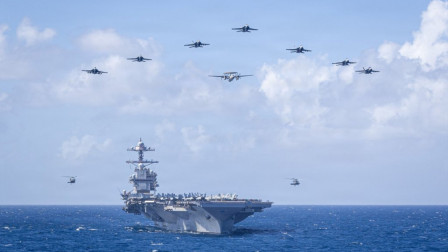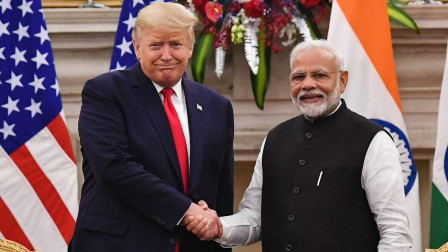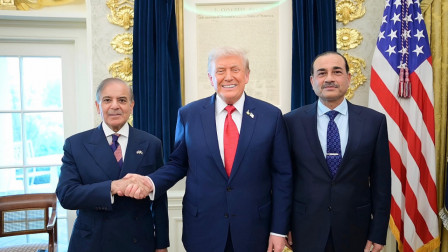World News: President Donald Trump has reignited tensions in the Middle East with his explosive remarks about Iran’s Supreme Leader Ayatollah Khamenei. Speaking at a national security forum, Trump declared that during his previous term, he could have eliminated Khamenei but chose not to. His statement, “I spared him,” was framed as a symbol of restraint—though immediately followed by a renewed threat: “Next time, we bomb.” The remarks come amid a shaky ceasefire between Israel and Iran, brokered just days earlier. Diplomatic circles fear Trump’s rhetoric could unravel ongoing peace efforts. Tehran reacted angrily, calling the comments “arrogant and incendiary.”
“Bomb Them Again” Warning
In his most direct warning yet, Trump stated he was “fully prepared to bomb them again,” referencing previous U.S. military actions in the region. These include drone strikes and targeted operations against Iranian militias. His words, though intended as deterrence, have reignited concerns of open warfare. Analysts caution that such language may embolden hardliners within Iran. Trump’s security aides later attempted to soften the tone, but the message had already made global headlines. Iranian officials vowed retaliation if provoked.
Targeting Khamenei Provokes Iran
Trump’s personal reference to Ayatollah Khamenei as a spared target has added new layers to U.S.–Iran tensions. Khamenei, who commands significant influence over Iran’s regional policies, was previously off-limits in diplomatic language. Iran’s Foreign Ministry condemned the rhetoric as “state-sponsored incitement.” Political observers believe Trump aims to showcase strength ahead of the next election cycle. However, experts warn this could jeopardize sensitive nuclear negotiations. Even symbolic threats have historically triggered escalations.
Nuclear Talks at Risk
As the Biden-era nuclear deal revival hangs by a thread, Trump’s comments risk derailing fragile diplomatic progress. The U.S. is attempting to curtail Iran’s uranium enrichment program through multilateral talks. But Tehran now questions America’s sincerity. Iranian officials hinted that Trump’s tone confirms longstanding distrust. European allies are urging both sides to avoid inflammatory steps. Any breakdown in diplomacy could accelerate Iran’s nuclear ambitions.
Regional Allies Grow Uneasy
Gulf nations and European partners are watching closely, alarmed by the resurgence of hostile language from Washington. Saudi Arabia and UAE, though often critical of Iran, prefer a controlled environment. Escalation could destabilize trade and security routes across the region. Israel has quietly welcomed Trump’s tougher tone but remains cautious of Iranian backlash. NATO partners have urged restraint through backchannels. The international consensus leans toward de-escalation.
Domestic Split Over Iran Policy
Trump’s remarks have again split American opinion. Republican allies praise his “no-nonsense approach,” calling it necessary in dealing with Tehran. Democrats and foreign policy veterans, however, warn of reckless provocation. Media outlets are sharply divided in coverage. The U.S. public remains fatigued by prolonged Middle Eastern entanglements. Trump’s camp insists strong deterrence is essential for national security.
Markets React, Future Unclear
Following Trump’s speech, oil prices spiked briefly, reflecting fears of supply disruptions. Wall Street analysts warn of volatility if tensions escalate. Meanwhile, the Pentagon has offered no confirmation of operational changes. Diplomats hope backdoor negotiations can salvage peace talks. For now, the global community remains on edge, watching Trump’s next move.









